Got an idea for a book? Professor Luke Kennard, Head of the Department of Film and Creative Writing and an award winning poet and fiction author, gives us his top tips on getting published, how he developed his writing, what inspires him and why the arts are so important.
We are not machines. If there is no art, if there is no philosophy, if there is no sense of history, then we will be living like insects. Such a central part of being alive is expression, communication and creativity. That is why arts and writing and literature are so important; if we can't narrate what's happening and nobody has the communication skills, the critical thinking skills, the imagination to actually be able to describe it, then we are really in trouble. I think the worst world to live in would be one where the only thing that motivates us is profit.
In most workshops or seminars that I teach, somebody will come up with a response to a simple writing exercise that deeply impresses me; an incredible start to a poem, some fantastic imagery or a compelling story. That's what I love about teaching; it is humbling but really important to remind yourself there are so many people who can write really well. Most are just never given the opportunity.
As a child I used to stay up reading until two o'clock in the morning, then I'd be exhausted at school. I read the usual stuff like The Hobbit and The Lord of the Rings, but I also was obsessed with American science fiction. It was quite escapist, being able to enter another world that felt as real to me as everyday life and spend time there. I wanted to emulate that, so I started trying to write my own stories.
Instead of forming meaningful friendships with my peers, I was writing lots of dreadful derivative science fiction stories. I got into the habit of writing quite young, even though a lot of it was just unreadably bad. I got a lot of really bad writing out of my system at quite an early age.
I had a great English teacher at secondary school, who very generously read the short stories that I wrote outside of class. That was quite formative for me, because he not only recommended writers that I read, but he was the first person that told me I had talent for writing.
Before I had kids I would try and write at least 500 words a day, knowing that a lot of it would be scrapped. If you can write a thousand words a day, which is not impossible even around work and around other duties, you can have a full draft of a novel in three months. Whether it's any good or not is another matter!
What I really love about going to spoken word poetry events is that anyone can just turn up and get a five minute set. You can immediately tell whether you actually like something you've written, when you're having to stand there and deliver it to an audience. An important part of why poetry still exists is that it is popular and democratic, even though it has this aura of being refined and specialised.
Writers like to hide out in the suburbs and pretend to be normal. They act like they are ordinary people, but all the time they are taking notes and constantly working on something. Authors live in secret; dropping the kids off at school, then going home to write transgressive novels.
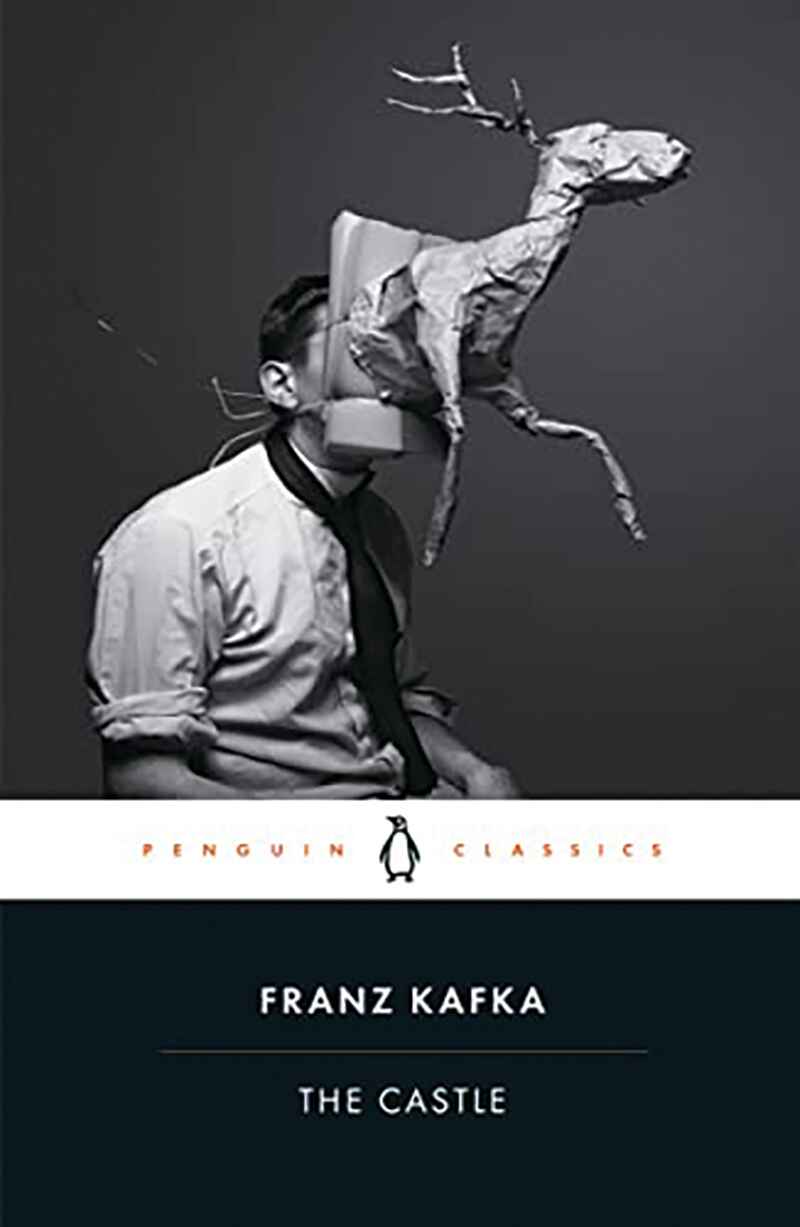
Franz Kafka: The Castle
'It's his funniest book that is also the most frighteningly accurate book about the human condition. It's an unfinished novel, but it's just magnificent. It's confusing and disorientating, but it's a good bridge from science fiction and fantasy into high-end literary fiction. It is really enjoyable and oddly amusing.'
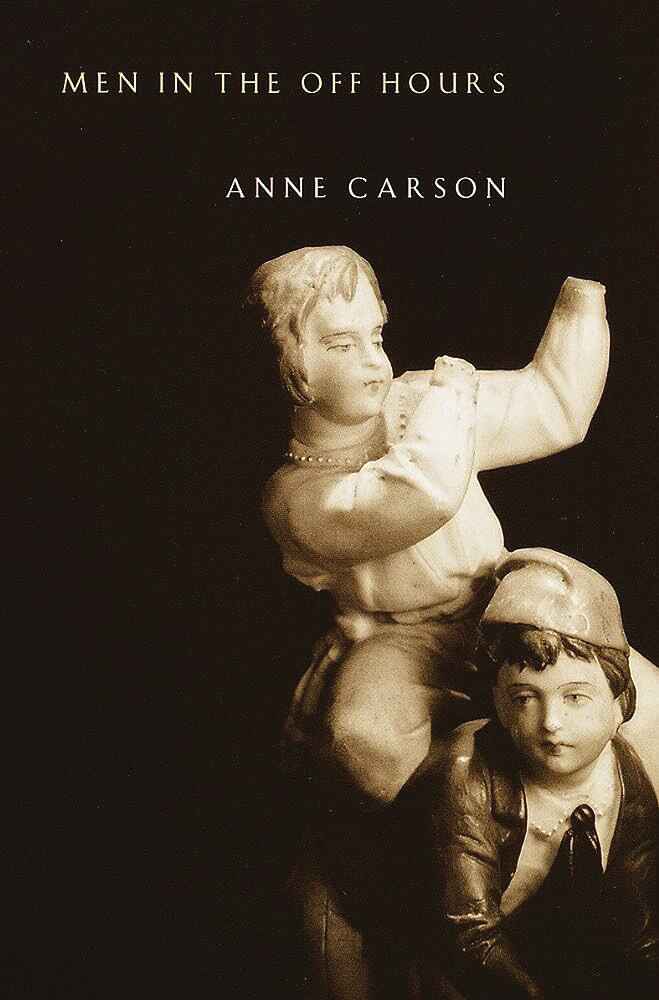
Anne Carson: Men in the Off Hours
'It is everything that she does, in one collection. It is such an amalgamation of different forms, but with this powerfully consistent voice, conversational and almost anecdotal, but fiercely intelligent. She's somebody who has been a massive influence on me.'
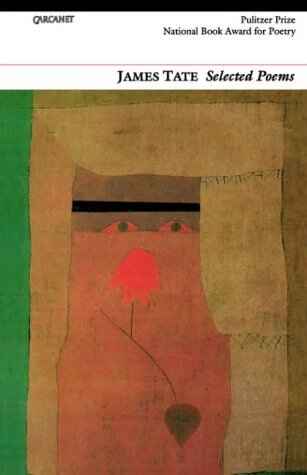
James Tate: Selected poems
'He was an early influence on me when I was a teenager. His poems are these surreal compressed stories. He can write something that is kind of funny and heart-breaking at the same time, and there is some sort of deeper seriousness to his work, even though on the surface it's enjoyable and weird.'
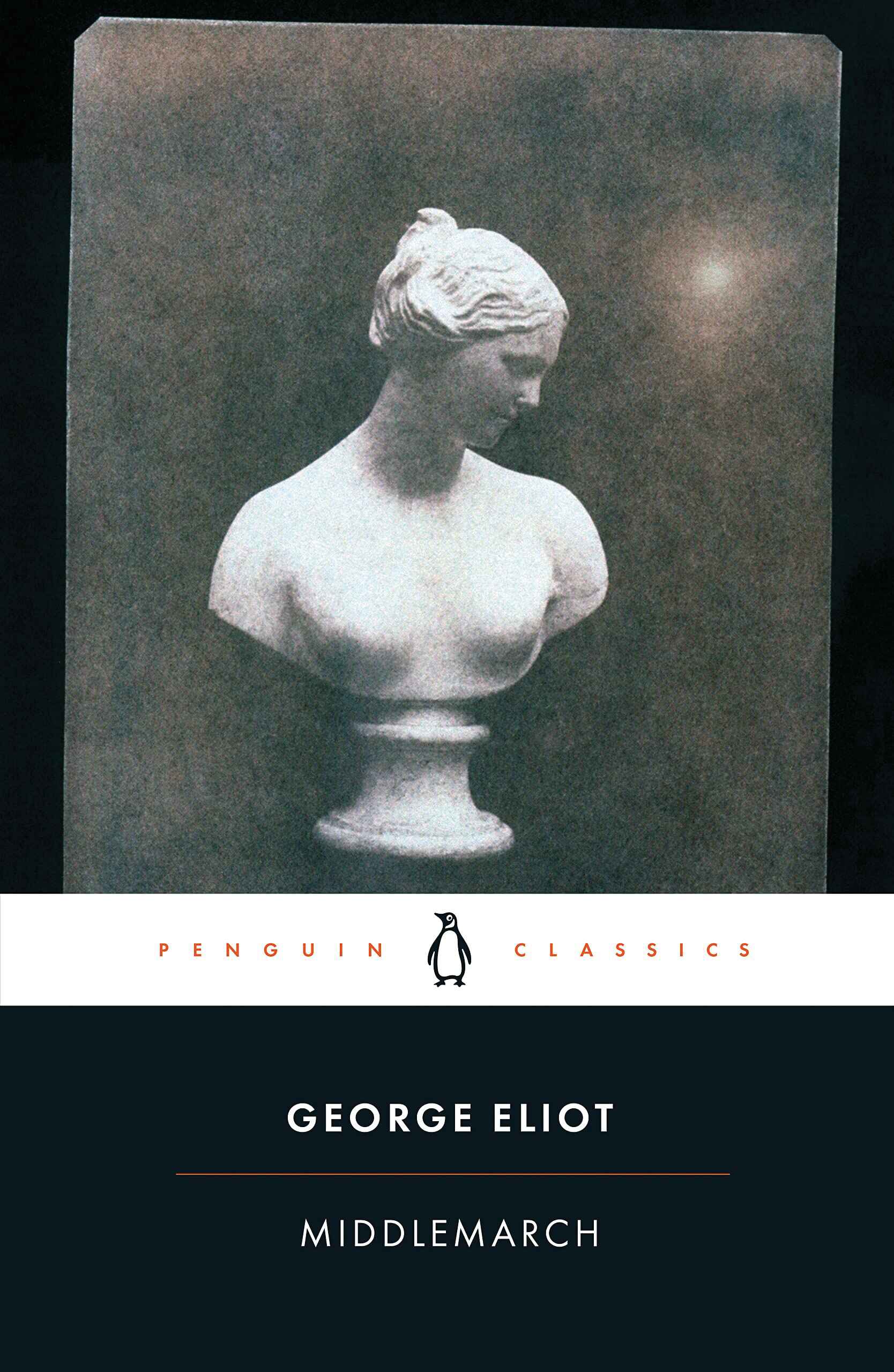
George Eliot: Middlemarch
'It is one of these books that I appreciate more now in my forties than I did reading it at university. When I go back to it now, I'm just blown away by it. It's unparalleled. Something that I think I'll just carry on re-reading for the rest of my life. Maybe it's the ultimate novel.'
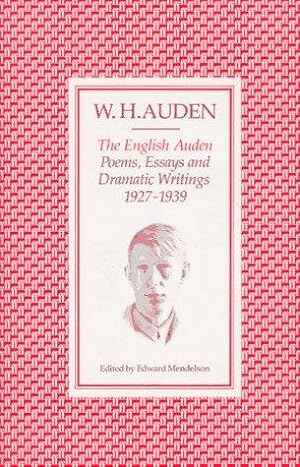
W H Auden: The English Auden
'It is quite early in his career and it includes his eccentric lectures and his scripts, as well as his more esoteric and experimental collections. It feels like pure imagination, believing in the strangest thoughts that go through your head and doing something creative with them.'